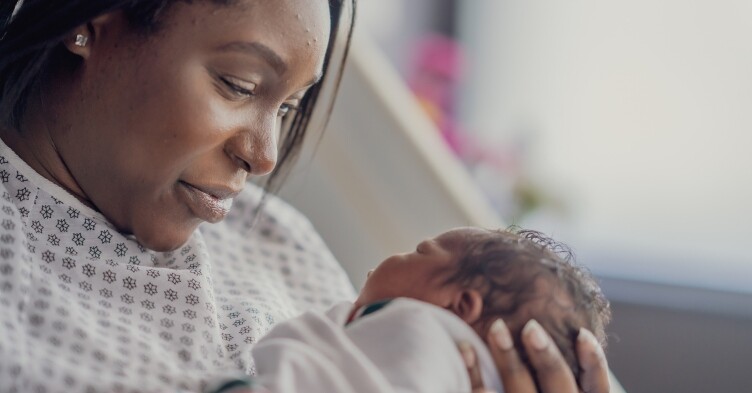Autism therapy with babies ‘reduces likelihood of later diagnosis’

A ‘landmark’ therapy with babies displaying early signs of autism significantly reduces the risk of a diagnosis in early childhood, a study has found.
The University of Manchester research, published this month, found a parent-led therapy called iBASIS-VIPP cuts the chances of a clinical diagnosis of autism at age three by a third, compared to those who received treatment as usual.
Related Article: Postnatal contraception advice reduces the risk of back-to-back pregnancies
The researchers enrolled 89 babies aged nine to 14 months who had showed early behavioural signs of autism. Half received iBASIS-VIPP, where parent-baby interactions are filmed to give parents feedback, while a control group received current best practice treatment over five months.
Professor Andrew Whitehouse, who led the team, said: ‘This is a genuine landmark moment for child health research. Our aim is to understand each child’s strengths and challenges so that we can better support and nurture the unique abilities they bring to this world.’
In iBASIS-VIPP, daily parent-baby interactions are filmed. A therapist then provides feedback across 10 sessions to help parents build social engagement and communication with their baby.
Professor Johnathan Green, from the research team, explained many autism therapies attempt to ‘replace development differences with more “typical” behaviours’. But iBASIS-VIPP ‘works with each child’s unique differences’ and ‘helps them learn in a way that was best for them’, he said.
Related Article: Food insecurity and obesity: a North-South divide
He added: ‘The therapy uses video-feedback to help parents understand and appreciate the unique abilities of their baby, and to use these strengths as a foundation for future development.
‘By doing so, this therapy was able to support their later social engagement and other autistic-related behaviours, such as sensory behaviours and repetitiveness, to the point that they were less likely to meet the “deficit-focused” diagnostic criteria for autism.’
Professor Green argued the evidence ‘could have a massive impact on clinical practice and public health’. ‘Not many clinical trials have such potential,’ he added.
Related Article: Over one million children living in homes causing asthma and chronic illness
A follow-up of study participants in later childhood, when the behaviours for autism may be more apparent, will aim to determine the trial’s longer-term significance.

See how our symptom tool can help you make better sense of patient presentations
Click here to search a symptom




